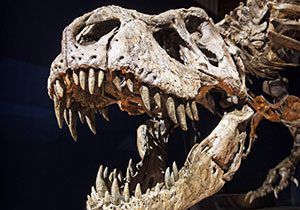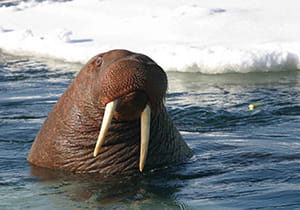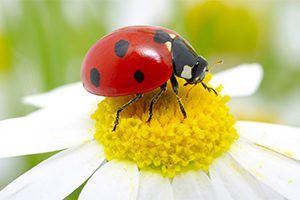
Hope Works Project resources
Show children that they have the power to positively influence the world around them…
Hope Works comprises of a series of short films offering stories of hope and inspiration for kids – launching on leading children’s networks around the world on World Children’s Day on 20 November 2018.
Designed to help children make sense of the world around them by encouraging them to become more engaged and hopeful, Hope Works is collaborating with UNICEF on this project — which has been created and led by Sky UK and BBC Children and backed by children’s broadcasters and media companies from around the globe.
Activity: Watch the Hope Works video series: https://www.hopeworksproject.com/films/
Follow the instructions in the resources to help your class see that positive actions – no matter how small – can help make the world a better place.
- Plastic water bottles have become one of the most common items that are found in the oceans; learn how to reuse these items in creative ways.
- Help children to consider their impact on the planet by keeping a chart of all the rubbish they throwaway and finding ways to reduce it.
- Show children that they have the ability to positively influence the world around them by starting a kindness chain reaction.
- Demonstrate how compassion has the ability to reduce anxiety and dissolve conflict.
Each resource comes with discussion topics and follow-up tasks to share with your class.
All rights reserved © 2018 Hope Works Project
N.B. The following information for mapping the resource documents to the school curriculum is specifically tailored to the English National Curriculum and Scottish Curriculum for Excellence. We are currently working to bring specifically tailored curriculum resource links for our other territories; including South Africa, Australia and New Zealand. If you have any queries about our upcoming curriculum resource links, please email: schools@ngkids.co.uk
As Geography primary resources, these resources assist with teaching the following Key Stage 2 Geography objectives from the National Curriculum:
Pupils should be taught: describe and understand key aspects of: physical geography, including: climate zones, biomes and vegetation belts, rivers, mountains, volcanoes and earthquakes, and the water cycle
Also see National Curriculum Key Stage 2 Science (Year 4) objective:
- recognise that environments can change and that this can sometimes pose dangers to living things.
These Geography primary resources assist with teaching the following Social Studies First level objective from the Scottish Curriculum for Excellence:
- By exploring climate zones around the world, I can compare and describe how climate affects living things.
Scottish Curriculum for Excellence Second level Social Studies objective:
- By comparing my local area with a contrasting area outwith Britain, I can investigate the main features of weather and climate, discussing the impact on living things.
Scottish Curriculum for Excellence Third level Social Studies objective:
- I can investigate the relationship between climate and weather to be able to understand the causes of weather patterns within a selected climate zone.
As British values primary resources, these resources assist with promoting fundamental British values as part of SMSC (spiritual, moral, social and cultural development) in schools using the following OFSTED assessment criteria:
- It is expected that pupils should understand that while different people may hold different views about what is ‘right’ and ‘wrong’, all people living in England are subject to its law.
Through their provision of SMSC, schools should:
- encourage students to accept responsibility for their behaviour, show initiative, and to understand how they can contribute positively to the lives of those living and working in the locality of the school and to society more widely
- enable students to acquire a broad general knowledge of and respect for public institutions and services in England
- further tolerance and harmony between different cultural traditions by enabling students to acquire an appreciation of and respect for their own and other cultures;
- encourage respect for other people
Download primary resource
More Like

Meet Tina the talking T.rex, a roar-some chatbot!

10 wacky walrus facts!










LEAVE A COMMENT
THANK YOU
Your comment will be checked and approved shortly.
WELL DONE,
YOUR COMMENT
HAS BEEN ADDED!
COMMENTS
CUSTOMIZE YOUR AVATAR